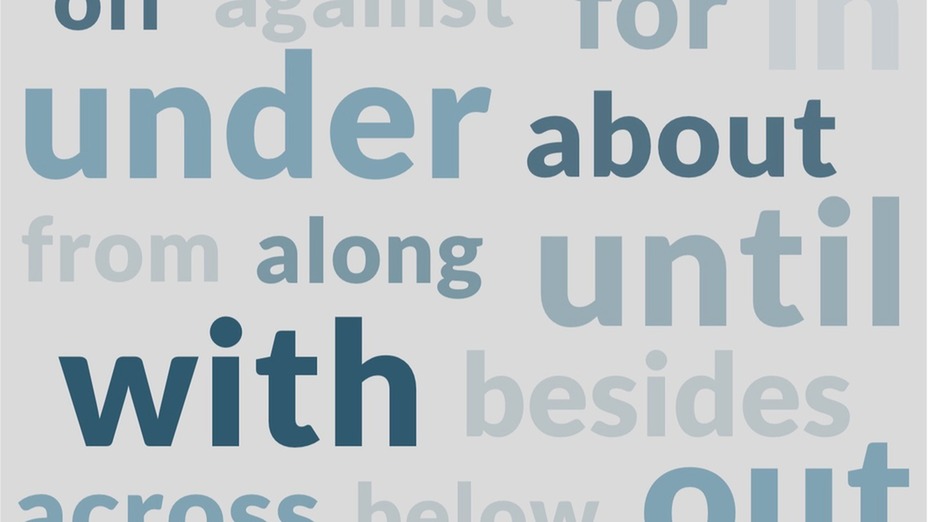TRANSCRIPT
Welcome to Ask the Editor, I'm Emily Brewster, an Associate Editor at Merriam-Webster.
To some of you, what I'm about to say will be a huge relief, and to others a complete abomination. Here goes, a preposition is a perfectly appropriate kind of word to end a sentence with.
So where did the rule telling us it’s not okay to end a sentence with a preposition come from?
Well, it seems that the 17th century English poet, playwright, and essayist John Dryden is to blame. In a 1672 essay, Dryden castigated the writers of the generation preceding him, a generation that included Shakespeare and Ben Jonson, for a variety of things, among them ending sentences with prepositions. Dryden most likely objected to the terminal preposition because Latin doesn't allow the construction, and it was fashionable at the time to assert that English should be more like Latin.
Whatever the rationale behind it, Dryden's objection got passed down as grammar law and written into the books used to teach grammar in schools. But really, you might ask, wasn't Dryden on to something? Don't sentences ending in prepositions sound sloppier than those that don't?
Well, maybe in some cases, although that may be because we've been conditioned to think so. The fact is, we've been using the terminal preposition since the days of Old English, and in some instances, avoiding the terminal preposition makes things plain weird.
Do we really want to change a sentence like,
"Give them what they asked for."
to
"Give them the thing for which they asked?"
So I say, when it feels natural to end a sentence in a preposition, do so, and if someone gives you a hard time about it, feel free to respond to the criticism as Winston Churchill according to unconfirmed legend did, his tongue firmly in cheek, This is just the sort of nonsense up with which I will not put.
Tune in again soon for future installments of Ask the Editor here at Merriam-Webster.com











